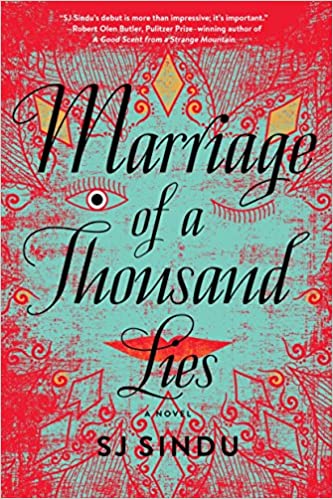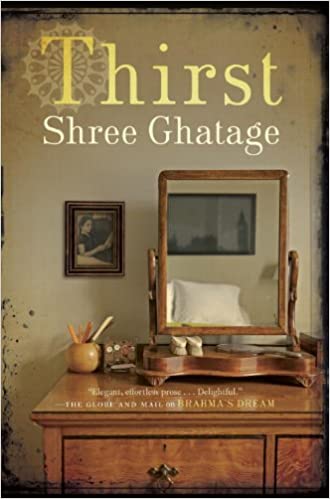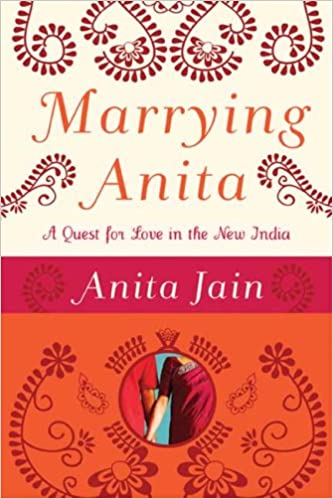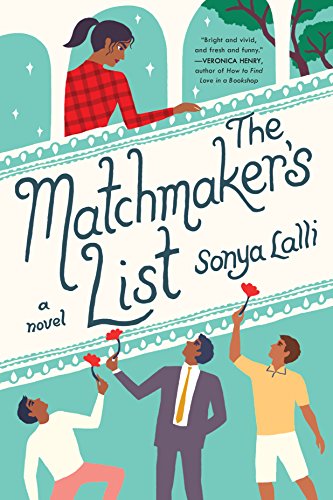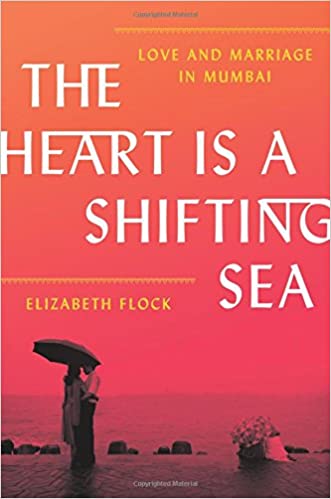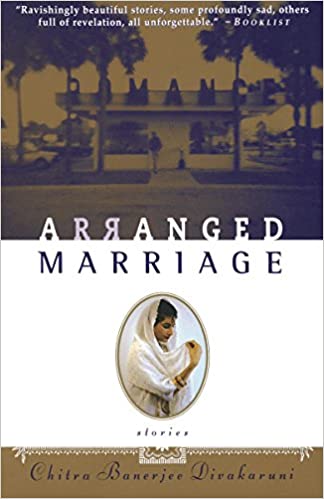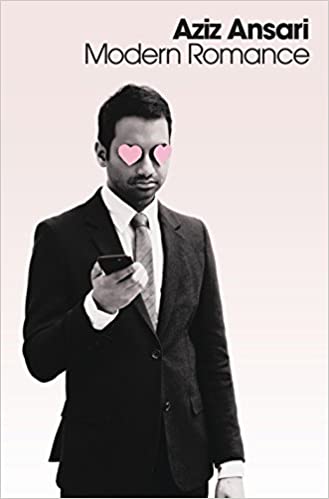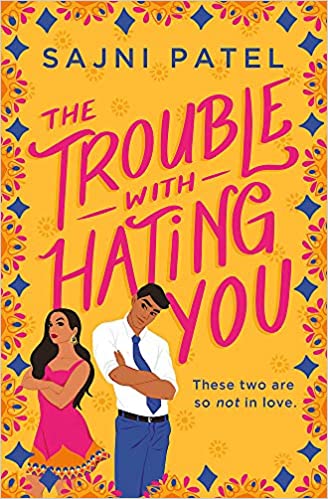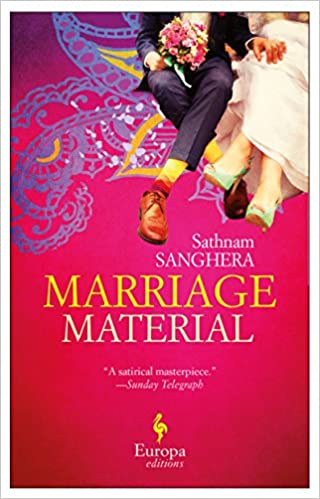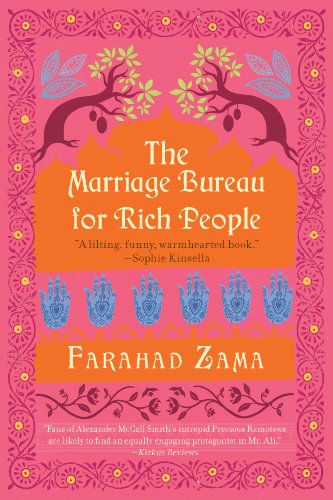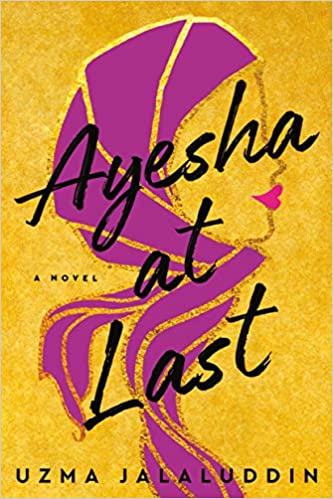Electric Lit relies on contributions from our readers to help make literature more exciting, relevant, and inclusive. Please support our work by becoming a member today, or making a one-time donation here.
.
In mid-July, Netflix dropped the 8-episode series Indian Matchmaking, which follows Mumbai matchmaker Sima Taparia as she travels around the United States and India, attempting to find true love—or at least acceptable compromises—for the marriage-seeking young people who can afford her services. “Arranged marriage” for Taparia’s clients often means little more than having family and a hired consultant heavily involved in a process that otherwise looks a lot like online dating.
To non-Desi audiences not already familiar with the shaadi scene, it might come as a surprise to see how considerations like skin color, socioeconomic status, and height—prejudices that are often kept more covert in Western dating—are explicitly and unapologetically baked into this centuries-old tradition. The show also completely fails to acknowledge that queer people exist, that not every boy is looking for the perfect girl and vice versa, and that non-binary people might want and make great partners.
Despite these very valid caveats, there is something undeniably compelling about the idea of a dedicated professional who learns as much as possible about your preferences and then criss-crosses the globe in search of your soul mate. Perhaps someday we will see more inclusive and progressive versions of this service. In the meantime, if Indian Matchmaking—which ends with most storylines unresolved—has left you craving more tales of young South Asians balancing traditional marriage expectations with contemporary romantic aspirations, check out any of the following books.
The Marriage Clock by Zara Raheem
Leila Abid is a 26-year-old American-born Muslim from Los Angeles. When her Indian parents, whose happy arranged marriage has lasted three decades, decide to find her a match because of her “advancing age,” Leila negotiates a three-month reprieve to try and find a suitable Muslim man for herself. Unwilling to compromise her independence or her desire for a Bollywood-style love story, Leila goes on a series of awkward dates before accompanying her mother to India for a cousin’s wedding and recognizing at last what she must do.
Marriage of a Thousand Lies by SJ Sindu
Genderqueer Tamil author SJ Sindu’s debut features Lucky, a second-generation Tamil Sri Lankan from Boston who meets Indian student Kris at their elite college. Recognizing each other as the only other South Asian queer students on campus, they decide to marry to get Kris a green card and placate their parents while continuing to pursue their own affairs in private. However, this plan is thrown into disarray when Lucky travels home to care for her grandmother and reunites with her high school lover Nisha, who is facing her own arranged marriage to a man she’s never met.
Thirst by Shree Ghatage
During World War II, intelligent but sheltered Vasanti is thrown into an arranged marriage with wealthy and accomplished Baba. Though neither particularly wishes for this, they work their way from tolerating one another to falling deeply in love, in a narrative that moves between India and London during the Blitz as it hurtles towards a shocking conclusion.
Marrying Anita by Anita Jain
In her 2008 memoir, Harvard-educated journalist Jain recounts her 2005 move to Delhi after she grows weary of the dating scene in New York. Though she has long resisted her parents’ interest in arranging a marriage for her, she now permits her father to put a matrimonial ad in the Times of India. However, dating in a rapidly modernizing Delhi in which technology and tradition mix and Western values begin to take hold, proves to be no less confusing than New York. The traditional doctors and engineers she meets on the arranged marriage circuit don’t quite live up to the ideal of the literate, feminist-minded, well-traveled man she hopes to meet, but Jain enjoys playfully analyzing the situation and the forces that give rise to it nonetheless.
The Matchmaker’s List by Sonya Lalli
Raina’s grandmother is horrified that she hasn’t found a nice man and settled down yet. Raina, a 29-year-old who works at an international bank in Toronto, agrees to look at the men her nani has picked out for a possible arranged marriage, though the globe-trotting banker she had previously fallen in love with is back in the picture and still perfectly noncommittal. As she prepares for her best friend’s wedding to a white fellow pediatrician, Raina permits her grandmother to believe she is a lesbian to ease the matchmaking pressure, but suffers backlash for this as well. Even while navigating their stifling expectations and pressure, Raina appreciates the strength of her community and how they support each other during difficult times, and works to claim a life of her own within it.
The Heart is a Shifting Sea by Elizabeth Flock
PBS NewsHour and Forbes India Magazine reporter Flock tells a story of marriage in modern India through the lives of three Mumbai couples—two Hindu and one Muslim—whom she came to know well. The couples navigate getting to know online matches as they prepare to wed, marriages arranged in the wake of unrequited love, infidelity, strict laws preventing divorce, infertility, and tradition-defying adoption, against a background of Bollywood-influenced expectations and the rise of the far right in one of India’s most progressive cities.
Arranged Marriage: Stories by Chitra Banerjee Divakaruni
This 1995 story collection from Indian-born, U.S.-based poet Divakaruni centers young Indian women—mostly students and brides—attempting to navigate the demands of traditional parents and husbands and often alienating middle-class American culture, while creating independent and fulfilling lives for themselves.
Modern Romance by Aziz Ansari
Comedian Ansari’s own parents had an arranged marriage. As his father tells it, one prospective bride was too tall and another too short, but Aziz’s mother was a good height so he chose her. Inspired by his own romantic woes and the tyranny of choice in modern dating, Ansari teams up with sociologists to conduct a survey of modern dating practices, including a cross-cultural look at the scenes in Tokyo, Paris, and Buenos Aires, and a historical look at how the classified ads and video dating of the 1980s gave rise to dating industry giants like Tinder today.
The Trouble With Hating You by Sajni Patel
Liya Thakker, a biochemical engineer from Austin, Texas, is perfectly happy being single. When her conservative father surprises her at dinner with a nice Hindu boy from a respectable family he’s hoping to set her up with, Liya sneaks out the back door. However Jay soon turns up again, as the lawyer who is bailing her company out of a legal mess, which means the two will have to work together closely despite the awkwardness between them.
Marriage Material by Sathnam Sanghera
Arjan, the only child of Sikh immigrant parents who run a convenience store in a crummy town in the West Midlands, U.K., works as a graphic designer in London and is engaged to a white woman named Freya. When his father dies from a supposed heart attack, he hurries back to help his mother, once again dealing with all the indignity and racism of standing behind the counter for long hours at the store. He grows increasingly appreciative of his parents’ generation, whose story of leaving India in turmoil also involves a nontraditional marriage, while growing more apprehensive about whether he and Freya are truly right for each other.
The Marriage Bureau for Rich People by Farahad Zama
In an effort to stay out of his wife’s hair, retired civil servant Mr. Ali starts a matchmaking service on the veranda of his South Indian home. Business thrives and he is able to hire Aruna, who has an aptitude for this line of work but has given up hope of marrying herself because her family cannot afford a lavish wedding and dowry. When a handsome doctor and his family walk in looking for potential brides, he and Aruna take a liking to each other, and it’s up to Mr. Ali to see if it is possible to find a solution that will make everyone happy.
Ayesha at Last by Uzma Jalaluddin
This list would not be complete without at least one Desi Jane Austen retelling (there are plenty). Jalaluddin’s novel is a Pride & Prejudice adaptation set in a Toronto Muslim community full of scheming aunties. As the first chapter states, “while it is a truth universally acknowledged that a single Muslim man must be in want of a wife, there’s an even greater truth: To his Indian mother, his own inclinations are of secondary importance.” High school teacher and aspiring poet Ayesha first assumes that handsome Khalid—with his traditional beard, flowing white robes, and disinclination to challenge his overbearing mother—is too conservative for her tastes. However, as the two must work together to plan a conference, it becomes clear there is more to both their stories than meets the eye.


